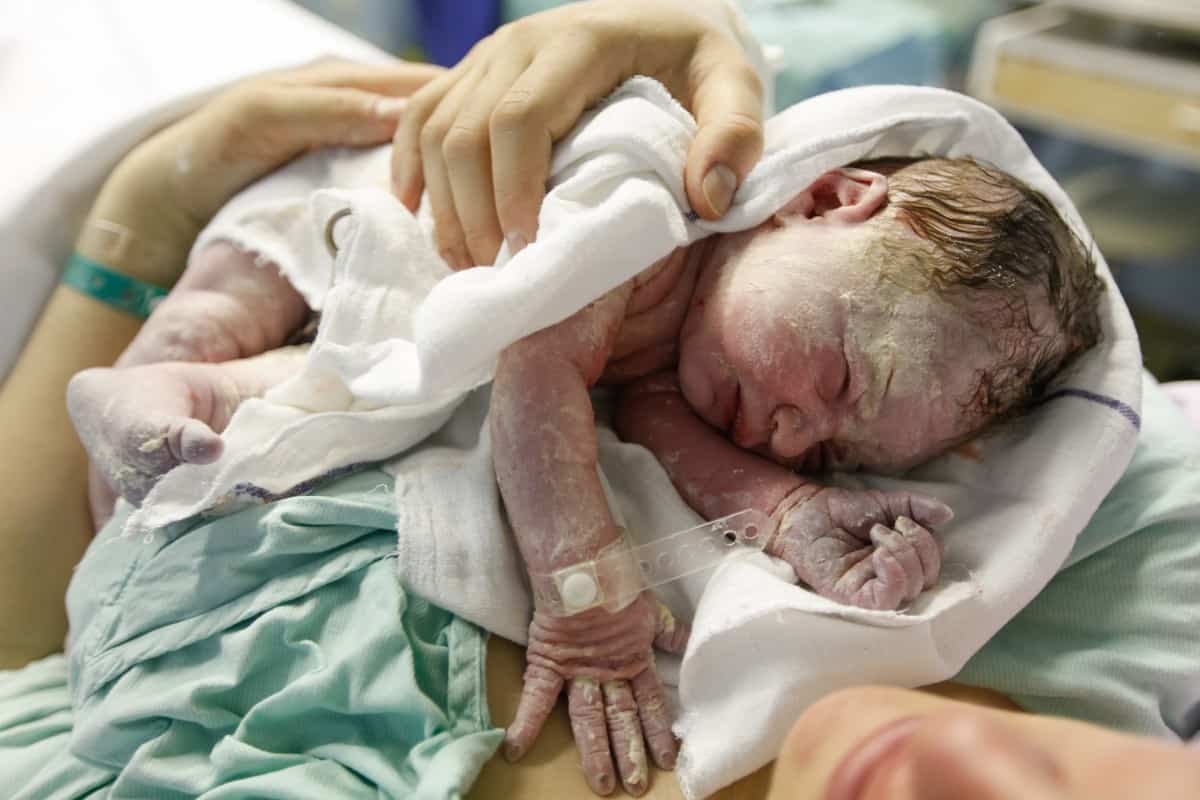
Symptoms of placental abruption include bleeding, pain, and lack of oxygen in the mother. Your doctor may perform blood tests and suggest medications if the baby does not survive. Your doctor will also perform ultrasounds to check for signs of placental abruption. If your bleeding continues, see your doctor right away. He will perform an ultrasound and may even recommend a cesarean section.
Blood transfusions
If the placental abruption is not severe, the mother can deliver the baby vaginally. Otherwise, she will need to undergo a cesarean delivery. Blood transfusions will be necessary if the bleeding is too severe or if the placenta cannot be removed. Blood loss during delivery will need to be monitored closely by your health care provider. Blood transfusions will be necessary if the mother experiences severe blood loss.
Vaginal bleeding is common with placental separation. Vaginal bleeding may vary in size and intensity. Some women may not see any blood at all, while others experience heavy bleeding. Pain may be continuous or light. It is important to discuss these symptoms with your health care provider immediately. Symptoms may include vaginal bleeding, back pain, and cramping. Some women may also experience intense back pain or uterine contractions.
Intravenous fluid replacement
During the course of pregnancy, the mother must undergo an assessment by her physician to assess the risk of placental abruption. In a woman who experiences abruption, the mother’s blood pressure and pulse may be normal, and the baby is not affected. If the abruption occurs twice, the risk increases to 10%. The duration of the abruption, gestational age, and size of the placenta all affect the outcome. The mother should inform her physician of any sudden bleeding or spotting, back pain, abdominal pain, or constant contractions.
A doctor will evaluate the fetus to detect concealed hemorrhage, complete blood count, fibrinogen, clotting profile, and RH. A digital examination of the cervix and uterus is delayed until a sonogram is performed to rule out placenta previa. In addition to physical examination, the doctor may perform a speculum examination to detect vaginal bleeding and cervix abnormalities.
Cesarean section
In the event of a placental abruption, you and your baby may need a Cesarean section. The main symptom is bleeding, which can be very painful. Your doctor may recommend blood tests or ultrasound imaging to confirm the diagnosis. If the bleeding is severe, a doctor may perform an emergency cesarean section. If your pregnancy is nearing its end, your doctor may schedule a C-section to save your baby’s life.
There are a number of reasons for a C-section, including: the position of your fetus, bleeding, and problems with labor. A large fetus is particularly difficult to deliver, so your doctor may perform a C-section in order to deliver it. A woman may need to have assistance with care for the baby in the days following the cesarean. Your provider may also prescribe pain medicine for you during the first few days.
Close monitoring
Depending on the severity of the placental abruption, a woman may require close monitoring after birth. Treatment can range from IV fluids to blood products, as well as close monitoring of both the mother and fetus for signs of shock and distress. If these signs occur, emergency C-section may be necessary to save the fetus’ life. However, in some women, there is no need for immediate treatment after placental abruption.
Placental abruption occurs during pregnancy, and is associated with significant maternal and perinatal morbidity. The exact cause and pathophysiologic processes of placental abruption are complex and dynamic. While close monitoring after placental abruption is possible in most cases, some women may require additional tests. Fortunately, the majority of women who experience placental abruption do not require any treatment.
Treatment
There are several types of treatments for placental abruption. Treatment will depend on the stage of pregnancy and the severity of the condition. Depending on the cause of placental abruption, there may be multiple causes. Fortunately, the majority of these conditions are treatable. However, if a placental abruption is severe, hospitalization may be necessary. Regardless of the cause, it is crucial to get medical attention as soon as possible.
Signs of placental abruption include bleeding, uterine tenderness, and vaginal tenderness. Although not every woman experiences these symptoms, they are important to note. A placental abruption may cause little to no bleeding or may only be a ‘concealed’ type. This type occurs when blood is trapped between the womb and the placenta and cannot leave the mother’s body.






